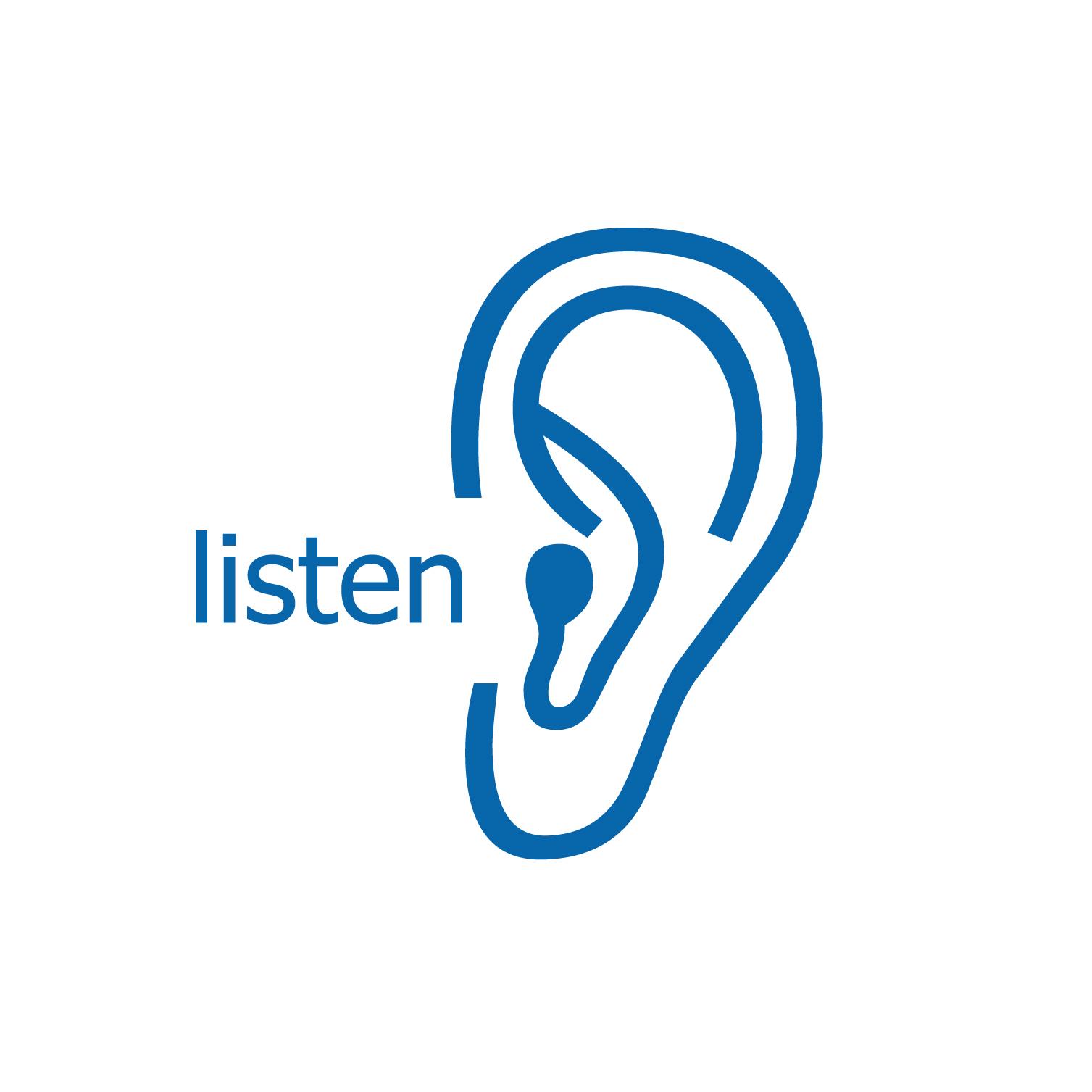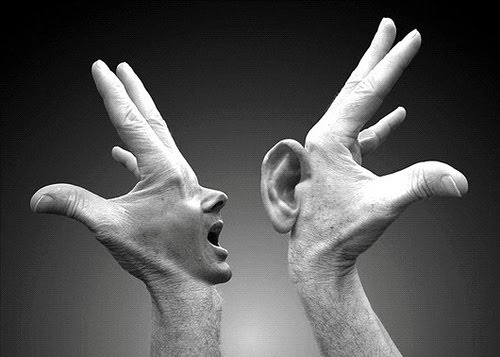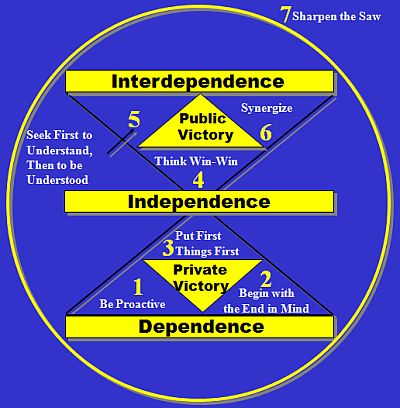The 7 Habits of Highly Effective People
By Stephen R. Covey
[The following is a synopsis of The 7 Habits]
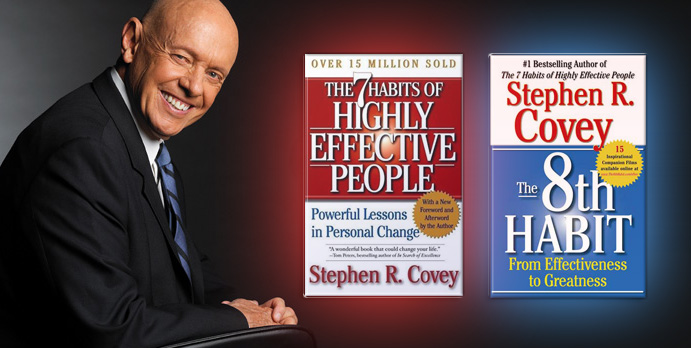 People are shaped by the paradigms they accept as irrefutable. Some of those paradigms prevent individuals from achieving their full potential, ex: “I will never be happy” leds to that person never truly being happy. A paradigm shift is therefore necessary to make you more effective as a member of a family, community, and species.
People are shaped by the paradigms they accept as irrefutable. Some of those paradigms prevent individuals from achieving their full potential, ex: “I will never be happy” leds to that person never truly being happy. A paradigm shift is therefore necessary to make you more effective as a member of a family, community, and species.
Covey argues that the 7 Habits are a) extremely basic and obvious, b) apply everywhere/universally, c) the ‘true north’ principles of a character ethic that is timeless.
YOU need to internalize the 7 Habits using three methods:
1) Learn it: understand the material contained herein.
2) Teach it: the best way to learn something is to teach it. It will give you a sense of social commitment to the material, and cultivate the habits by helping others. Being a teacher puts you in different role; if you really want to significantly change your/or someone you love’s behavior, give them a new role. Change their position in the social dynamic: make them the teacher as well.
3) Live it: be the change you want to see in yourself & the world.
The way to see your role in the world is to change your paradigm.
[IMAGINE THIS SITUATION]: The subway in New York on a Sunday. It’s a quiet morning. Suddenly, a father with 5 children enters your subway car. The kids are unruly, loud, noisy and uncomfortably for all passengers. The kids are yelling, making a scene. You turn to the father and say; “Sir, I was wondering if you could control your children?” He turns to you slowly and timidly says; “I guess I should….We just got back from the hospital….their mother just died this afternoon, and I guess they don’t know how to handle it. Neither do I.” Your paradigm is changed immediately. Now you want to offer help. Attitudes shift suddenly and yet the external world has not been altered at all…why has this happened? Think about it. Attitude matters.
Self-Determination: It isn’t what happens to us that effects our behavior, it’s how we interpret what has happened to us and our behavior; we can get a different paradigm in our thinking: we are capable of changing ourselves.
What Is A Habit? It is a principle you internalize, especially if it is a habit of effectiveness. In business, for example, a principle is to value a customer, and you might internalize that principle: it guides you regarding a) knowing what to do, b) the skills used to do it, and c) the attitude to want to do that thing. A habit is the same:
YOU need:
a) the knowledge to know what to do;
b) the skills to know how to do;
c) and the attitude to want to or know why to do. These three elements must converge to become a habit. YOU need to know what to do, have the skill to do it, and the attitude to want to do it.
Dependency, Independency, Interdependency: All of nature and society is interdependent. You need to become interdependent not dependant or independent.
Dependency is the attitude of you: I blame you for failures, it’s your fault that this didn’t work out. It’s everyone else that is responsible for my situation. Society, government, and the economy….
Independence is the attitude of “I” For example, “I” will do it. Independence get what they want through their own effort. I can achieve what I want to achieve, thank you very little.
Interdependency is the attitude of we: We will do it and we can accomplish it. They require their own effort and the help of others. We can only be interdependent after moving from dependency to independency, and finally to the goal of interdependency.
1st, you need to understand the Habits 1, 2, 3: You need to deal with the personality habits of the independent character. You are the personality ethic of your self as long as you are not an iceberg. You don’t want to develop life patterns that are manipulative, seeking quick fix ideas, ways of getting what you want now by whatever self-destructive means necessary. You want to avoid that kind of personality. MORE after the jump.
The First Three Habits deal with moving from dependence to independence:
HABIT 1: Be Proactive
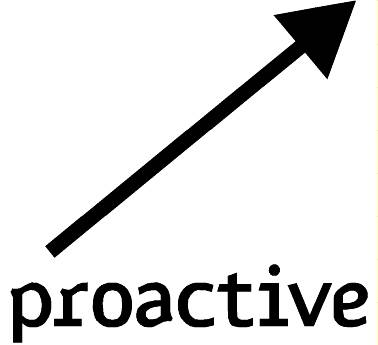
It means you must take responsibility for your own life. Responsibility means: the ability to choose your responses. Effective people are proactive. Their behaviour is the product of their own decisions rather than being a product of their condition. You need a proactive personality.
[IMAGINE THIS SITUATION]: You are planning a picnic with your family, but it become stormy. Proactive people will find a solution by having a picnic in their basement, or using the preparations in an other way. Reactive people say this is stomry weather is so upsetting and that all this planning was a waste of time; negativism will be reactive. When you are proactive you tend not to blame others. You cannot blame your misery on fate. When you become proactive it will have profound consequences.
Covey argues that you can choose to not be miserable. You don’t have to empower the weakness of others who want to control you and make you miserable: take control of your own life.
Being proactive means = wanting to act and not be acted upon. That means being true to your human nature. Determinism/Fatalism says that you cannot control outcomes and are completely subservient to others, your world, and society. Determinism means believing that you respond to choices but your actions are programmed by an external authority/higher power.
Three Types of Determinism:
1) Blame the family: your grandparents did it to you. That’s why your have a short fuse.
2) Psychic detemrinsitm: your parents did it to you. You are always late because your parents are late, and your Mom left you waiting 45 minutes after symphony practice ON repeated occasions.
3) Environmental determinsim: it is your boss that did it to you. That bratty teenage, or it’s the economics, stupid or the national policies.
 Reactive people always blame the conditions around them: they say, I can’t do it. It’s my nature. I am not responsible. This is self-fulfilling prophecy< they will produce their results they believe will occur: I can’t be a great ninja so I won’t be a great ninja. They are not in touch with taking responsibility at all.
Reactive people always blame the conditions around them: they say, I can’t do it. It’s my nature. I am not responsible. This is self-fulfilling prophecy< they will produce their results they believe will occur: I can’t be a great ninja so I won’t be a great ninja. They are not in touch with taking responsibility at all.
A proactive person exercises free will. In that way you gain control of your circumstances.
Victor Frankl, the Austrian concentration camp survivor, discovered the last personal vision: the last ultimate freedom, the Nazis could not hurt his mind only his body. He was tortured by was able to gain the highest value when suffering. He was able to be free under the duress of a concentration camp. Remember you are responsible for your own happiness and effectiveness.

HABIT 2: Begin with the End in Mind:
You need to try to visualize to end in mind. You need to view the end of your life as a frame of reference. YOU NEED A Personal vision.
[IMAGINE THIS SITUATION]: It’s your own funeral. Imagine a person from your friends, a person from your family, one from your work, and one from a community organization. What would you like to have said about yourself at your funeral? As a friend, a public servant, business person. What would you like to have said about your achievements?
EXERCISE: write the eulogies of each of those speakers. Your definition of success will be defined through the exercise. You need to have a clear understanding of your destination. Decide what your own value system might be. The key to this habit is that you have to write down what your goals might be, you have to internalize what it is you want to achieve.
A mission statement has to be a real commitment, you need to mark it down, you need to write that one down. Write your own creed, principle, mission statement. Why are you here? Tie yourself to your potential and not to your history. This is the leadership habit.
The Leadership and Management Habit connection: the management is the speed, coordination, efficiency, and the bottom-line. Leadership is choosing the right jungle to work in. Leadership is about what is it that we are fundamentally about. Management is organizing the road to success.
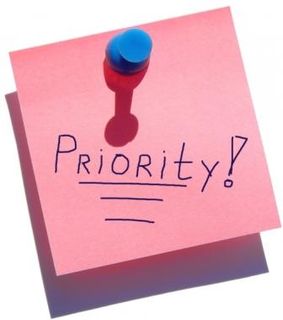
HABIT 3: Put First Things First: The MANAGEMENT habit.
Management is the thick of thin things. This is about time management. You need to learn to manage yourself you need to gain control of you life by framing it within Habit 2: Have the End in Mind.
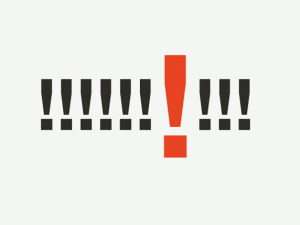 2 Dimensions to Management:
2 Dimensions to Management:
Importance and Urgency: you need to create categories of time demand.
Importance ties to Habit 2; you decide what is important, which wall to lean your ladder.
Urgency is what is pressing upon you, i.e. that phone is ringing and is not attached to Habit 2. It wants to be answered and go into management of the wrong things.
Personal management.
You need to focus your priorities, act on your priorities. There are 4 quadrants
Urgent, Important Not urgent, Important
A meeting today It’s important but not urgent,
A business conference it attached to roles and goals
but not urgent.
Urgent, not important Not urgent, not important
It’s urgent but not important Time wasting, pleasant things, Monday Morning
to you. Quarterbacking, television, facebook
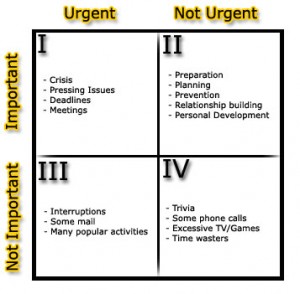
The CENTRALITY OF Quadrant 2: Think of one activity that if you did well and consistently, would produce positive results….Think of one thing in your personal life: if I was to spend more time with my key associates, and my loved ones at home, I would make a good contribution. There is only one quadrant that this activity would fit in. It has to be in Quadrant 2. Everyone of the habits is in Quadrant 2 because it is the key to management.
Pareto said ‘80% of the results flow for 20% of the activities.” If you neglect prevention Quadrant 1 will dominate and fatigue you. What happens if you deal with Quadrant 2? You will be able to handle Quadrant 1. It will be manageable and workable. Quadrant 4 is totally worthless. Leisure is important; it is in Quadrant 2. Quadrant 3 is valuable for other people.
 To work on Quadrant 2: you have to be proactive, you must act upon Quadrant 2. You are made to act and not be acted upon.
To work on Quadrant 2: you have to be proactive, you must act upon Quadrant 2. You are made to act and not be acted upon.
Quadrant 2: exercise, reading continual education, being connected to your community.
Habit 1, 2, 3 are about achieving independence.
You need to do the Habits 1, 2, 3 before Habits 4,5,6.
HABIT 4: Think Win/Win:
“Why don’t we agree to communicate and find out what we can agree upon.”
Win/Win is not a cosmetic idea, it is a philosophy designed to look for solutions that allow everyone to win. Is it really possible? Some believe that it idealistic, especially in the competitive business world. BUT what if you try going win, you lose with customers. You lose customers. What if you go for lose, win, you lose your business? The only realistic approach is win/win.
If you let your friend get only what he wants, it’s a win/lose.
Lose, win is being nice and is not a good idea. Nice guys finish last.
Win, win is more rigorous, because you have to be nice but confident, empathic but brave. It is the balance between self-respect and respect for others, which is the fruits of Habits 1, 2, 3.
 What if you can’t get Win/Win?:
What if you can’t get Win/Win?:
The alternative is Win, Win or No deal. If there is no deal you will stop manipulating. If we can’t work out a win, win deal then we must go for no deal. I/You don’t have to manipulate you, no point going into no deal situation.
There is enough to go around for everyone: that’s the abundance mentality (optimism) as opposed to the scarcity mentality (pessimism) i.e. lose, win or win, lose.
So it’s Win/Win
OR
No Deal.



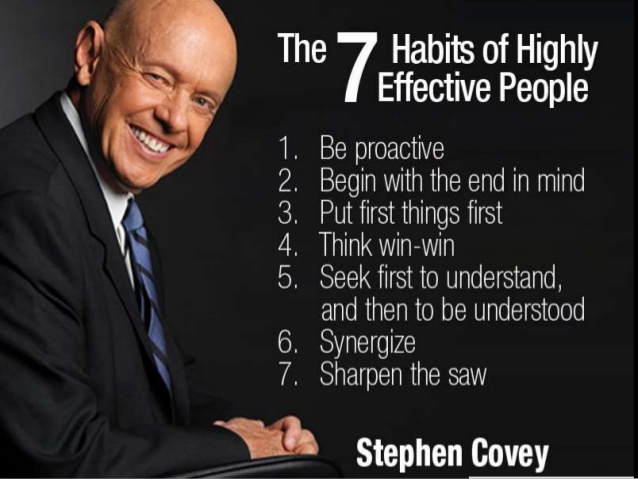
 People are shaped by the paradigms they accept as irrefutable. Some of those paradigms prevent individuals from achieving their full potential, ex: “I will never be happy” leds to that person never truly being happy. A paradigm shift is therefore necessary to make you more effective as a member of a family, community, and species.
People are shaped by the paradigms they accept as irrefutable. Some of those paradigms prevent individuals from achieving their full potential, ex: “I will never be happy” leds to that person never truly being happy. A paradigm shift is therefore necessary to make you more effective as a member of a family, community, and species.








